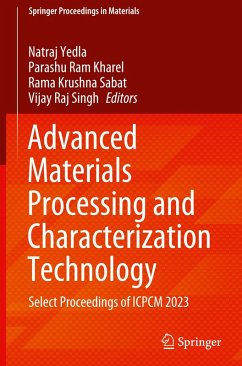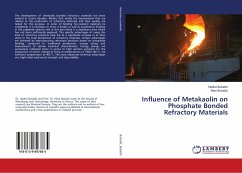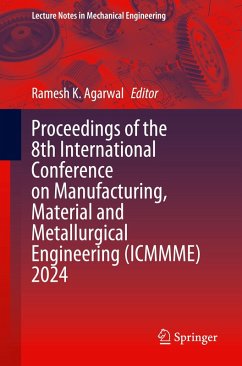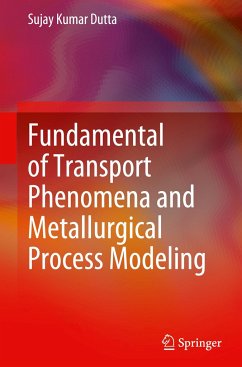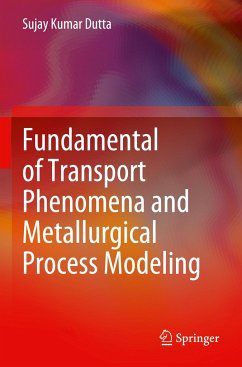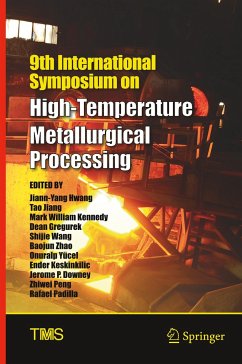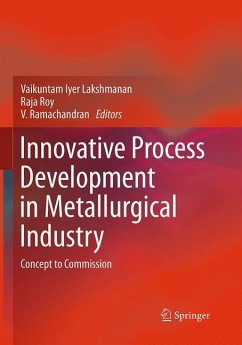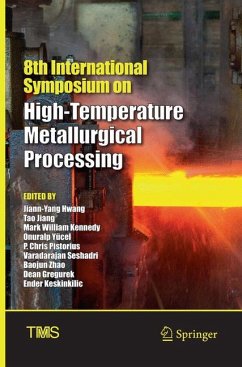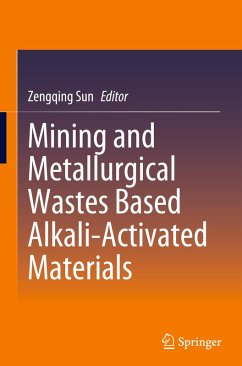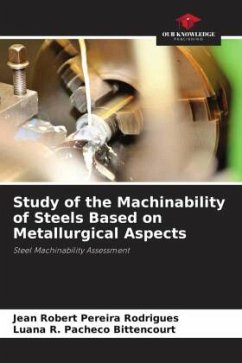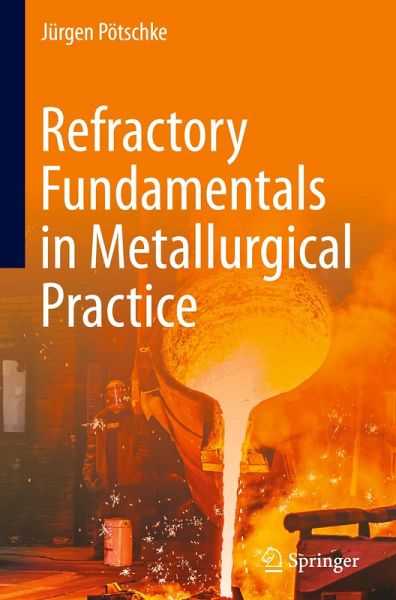
Refractory Fundamentals in Metallurgical Practice
Versandkostenfrei!
Versandfertig in 6-10 Tagen
98,99 €
inkl. MwSt.
Weitere Ausgaben:

PAYBACK Punkte
49 °P sammeln!
Exploring the intricate interaction of refractories with their application environments, this book delves into the realms of physical chemistry, heat and mass transfer, thermo-mechanics, and mineralogy. Departing from the conventional phenomenological approach, it ties experiences and lab findings to these core principles, fostering a deep understanding. This shift not only enhances traditional testing methods but also widens the scope for alternative investigative approaches. Emphasizing the connection to fundamental laws across scientific disciplines, readers gain profound insights into refr...
Exploring the intricate interaction of refractories with their application environments, this book delves into the realms of physical chemistry, heat and mass transfer, thermo-mechanics, and mineralogy. Departing from the conventional phenomenological approach, it ties experiences and lab findings to these core principles, fostering a deep understanding. This shift not only enhances traditional testing methods but also widens the scope for alternative investigative approaches. Emphasizing the connection to fundamental laws across scientific disciplines, readers gain profound insights into refractory behavior, elevating their problem-solving prowess. In sync with the current trends of simulation methods in refractory science and metallurgy, this book offers a contemporary perspective on the subject.



